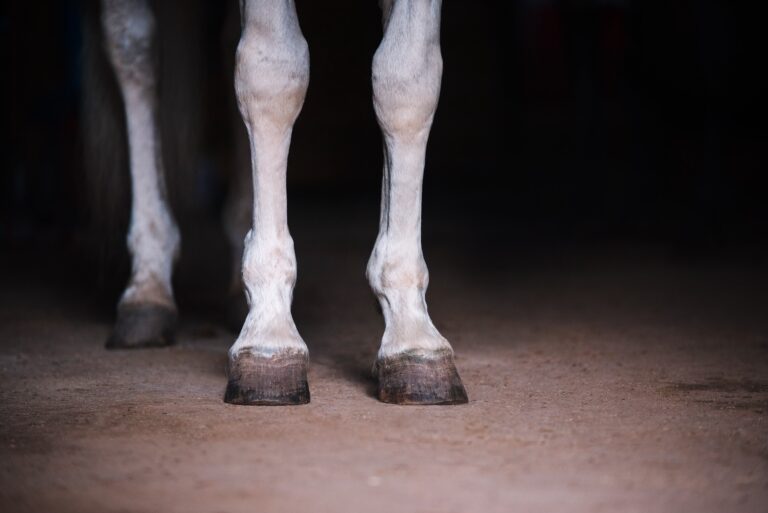
Eugene T. Lyons, a longtime University of Kentucky Department of Veterinary Science faculty member, died Dec. 7. He was 86.
Lyons joined the department’s faculty in 1963 and still had an active parasitology research agenda until his death. In his 56-year career, his work continues to attract interest in the field of equine helminth infections. He was the first to demonstrate the transmission of helminth parasites from mother seals to their offspring through their milk; this observation was later extended to a number of equine helminth infections and altered current thinking on the epidemiology of different endoparasitic diseases of the horse.
Lyons specifically described the lactogenic life cycle of the equine threadworm, Strongyloides westeri. Other contributions include describing life cycles of other important parasites, and testing and evaluating every equine dewormer that reached the market.
His passion for research extended beyond his equine parasitology work as a professor at the Gluck Equine Research Center and in service to local horse farms. He frequently spent his vacations studying parasitology issues in fur seals and sea lions in places such as Alaska, California and Australia.
“Dr. Lyons made multiple contributions to the field of parasitology through a lifetime of devotion to his work and a commitment to excellence to this field. His legacy will include the contributions he has made and the people he has trained,” said Dr. David Horohov, Gluck Center director and department chair.
Lyons is also known for the importance of his contributions to the field of acquired resistance of small roundworm infections in the horse to various anthelmintic drugs.
“The equine farm, veterinary and research communities have lost an exceptionally dedicated scientist and friend,” said Dr. Nancy Cox, dean of the College of Agriculture, Food and Environment.
Born May 6, 1931, in Yankton, South Dakota, Lyons served in the United States Coast Guard from 1950-1953. He received his bachelor’s degree in zoology (wildlife) from South Dakota State University in 1956, his master’s in zoology (parasitology) from Kansas State University in 1958 and his doctorate in zoology (parasitology) in 1963.
Lyons published more than 300 peer-reviewed articles and book chapters. He mentored more than a dozen graduate and undergraduate students. He also hosted and mentored more than 25 visiting scientists and students in his laboratory throughout his career.
“Dr. Lyons was a legend, a giant in veterinary parasitology,” said Dr. Martin Nielsen, associate professor and Schlaikjer Professor of Equine Infectious Disease at the Gluck Center. “His list of contributions to veterinary science is remarkable and too long to summarize here. People traveled from across the world to meet him and to learn from him. I feel very fortunate to have worked with him and learned from him. Never have I seen this much enthusiasm and passion for research, biology, parasites, horses and sea lions. He will forever serve as my role model.”
UK awarded him the Thomas Poe Cooper Award in 1976 for his research on the threadworm. He was inducted into the prestigious Equine Research Hall of Fame, housed at the Gluck Center, in 2014. Established in 1990, the Equine Research Hall of Fame honors international scientific community members biennially who have made equine research a key part of their careers, recognizing their work, dedication and achievements in equine research.
At the time of his induction into the Equine Research Hall of Fame, Lyons credited those who worked in his laboratory for his success and said, “This is a great, and I personally feel, an undeserved honor for myself alone. It is unfortunate that the other team members, Sharon Tolliver and Sandra Collins, cannot be included as co-awardees.”









